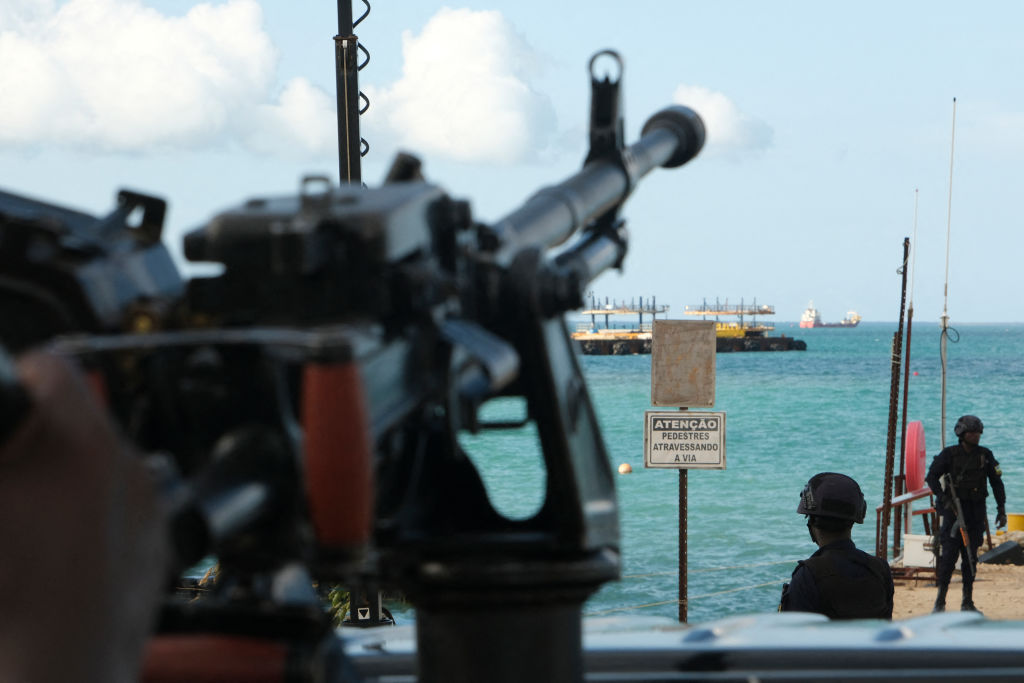Mozambique Takes Aim at Terrorists in Last Stronghold
ADF STAFF
Having secured most of the Cabo Delgado region, the Mozambique Defence Armed Forces plan to sever supply lines for the few terrorists hiding in the Catupa Forest as they push to rid the country of the threat entirely.
With the help of Rwanda Security Forces and troops from the Southern African Development Community, Mozambique has eliminated more than 90% of terrorist operations in the Cabo Delgado region. The remaining 200 to 250 terrorists survive in small groups without a base of operations and are hiding in the Catupa Forest, according to Mozambique Defence Forces Commander Maj. Gen. Tiago Alberto Nampele.
“So what we are planning right now, first of all, we are trying to prevent them from getting foodstuff,” Nampele told a recent press briefing in Mocímboa da Praia, which terrorists captured in 2021.
The holdouts in Catupa continue to start skirmishes and what military leaders called “nuisance” attacks against nearby communities. Gen. Ronald Rwivanga, spokesperson for Rwandan forces, said Rwanda is open to expanding its operations in Mozambique beyond Mocímboa da Praia.
“The most important thing is that we work together with the Mozambican forces to pacify Cabo Delgado province,” he said.
In communities such as Quionga in Mozambique’s northeastern Palma district, the success of the counterterrorism effort is evident. Residents stroll the streets and businesses remain open after sunset. Security patrols continue, but at a reduced rate. Life has largely returned to normal after more than six years of violence.
Since appearing in Cabo Delgado in 2017, terrorists belonging to Ansar al-Sunna wal Jama’a, an Islamic State-backed insurgency locally known as al-Shabaab, have killed 4,000 civilians and forced another 1 million people to flee the region.
Mocímboa da Praia’s port plays a crucial role in Mozambique’s plans for developing natural gas fields that lie offshore. With the defeat of the terrorists, development work is expected to resume there.
In defeating the insurgents, Mozambican forces and their partners managed something Russia’s Wagner Group mercenaries failed to do. In 2019, the Mozambican government hired Wagner, now known as Africa Corps, to put down the insurgency. The group pulled out after two months and multiple deaths among its ranks.
Analysts says Wagner failed in part because it refused to coordinate with Mozambican forces.
Nampele said close coordination with Rwandan forces was vital to defeating the Cabo Delgado insurgency. Rwandan forces deployed to Mozambique at the request of President Felipe Nyusi in July 2021. The Rwandan presence has grown from 1,000 in 2021 to 2,800 by the end of 2023.
“It was like gas,” Nampele said. “You can have a stove; you can have food. But if you don’t have gas, you cook nothing. So, Rwanda became for us as the gas. They gave us force and together, shoulder to shoulder, we did what we have done, and we are still doing it together on the ground.”


Comments are closed.